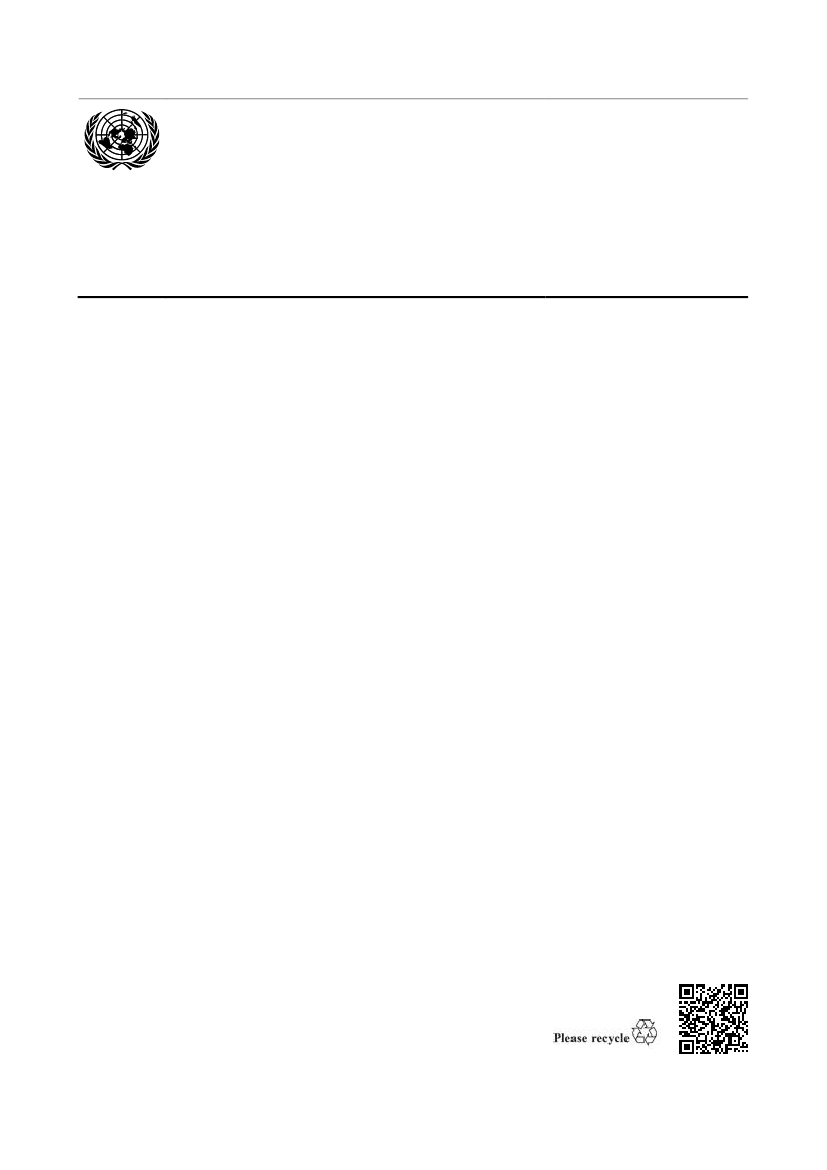
United Nations
A
/HRC/34/50/Add.1
Distr.: General
28 December 2016
Original: English
General Assembly
Human Rights Council
Thirty-fourth session
27 February-24 March 2017
Agenda item 3
Promotion and protection of all human rights, civil,
political, economic, social and cultural rights,
including the right to development
Report of the Special Rapporteur on freedom of religion and
belief on his mission to Denmark
Note by the Secretariat
The Secretariat has the honour to transmit to the Human Rights Council the report of
the Special Rapporteur on freedom of religion or belief, Heiner Bielefeldt, on his mission to
Denmark from 13 to 22 March 2016. In the report, the Special Rapporteur describes the
special role of a State church (“Folkekirke”) and its human rights implications in a society
marked by secularization and increasing religious or belief-related pluralism. He also
addresses the situation of religious and belief minorities, including Muslims, Jews,
Catholics, Baptists, Jehovah’s Witnesses, Humanists and Scientologists.
GE.16-23063(E)